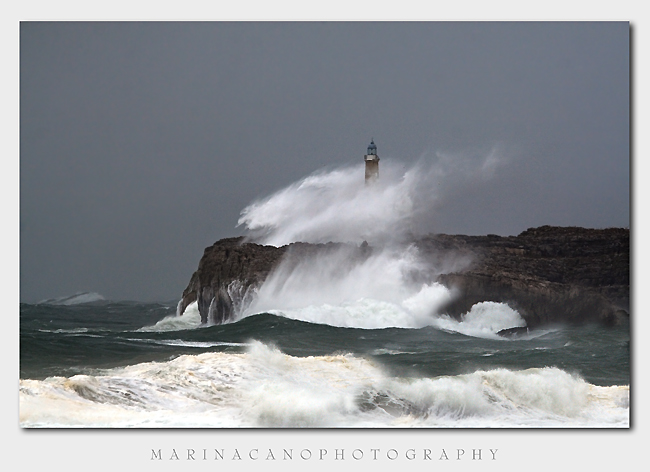Changes in your body
A woman is said to have "reached menopause" when she hasn't had a menstrual period for at least 12 months in a row, but the time leading up to menopause may last many years.
Menopause is either natural or induced. Natural menopause is part of the normal aging process and occurs when the ovaries have stopped releasing eggs each month. Induced menopause occurs when the ovaries are surgically removed, or when they stop working because of damage due to chemotherapy or radiation. After menopause, a woman can no longer become pregnant by having sexual intercourse.
The main factors behind the changes in your body are the hormones estrogen and progesterone. During the years leading up to menopause, your body gradually produces less of these hormones, which were important during your childbearing years. Their levels fluctuate more than they normally do, and your periods become irregular. This time in a woman's life, which generally starts around age 45, is called perimenopause . It usually lasts for 5 years, but may last as long as 8 years or as little as 2 years.
The average woman reaches menopause at the age of 51. The number of women reaching menopause is on the rise: by the year 2026, it's estimated that there will be 7.9 million Canadian women over the age of 50.
